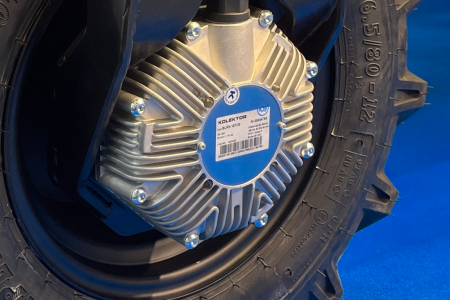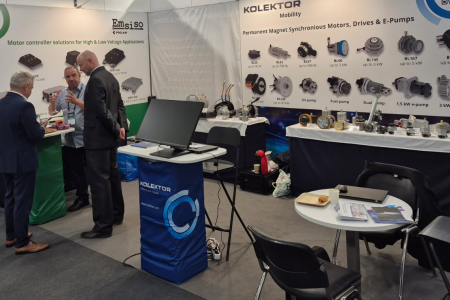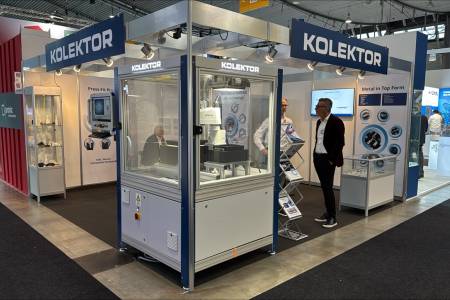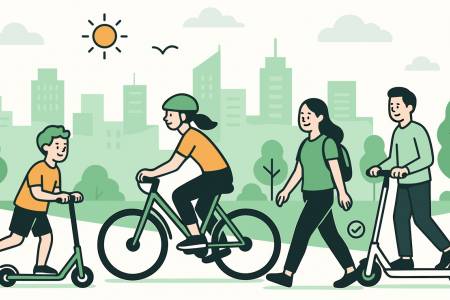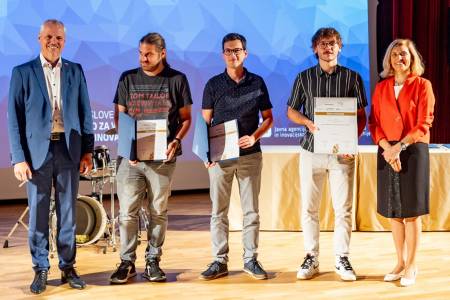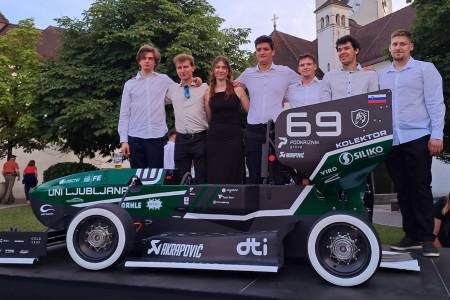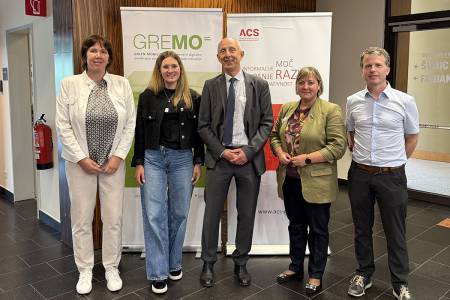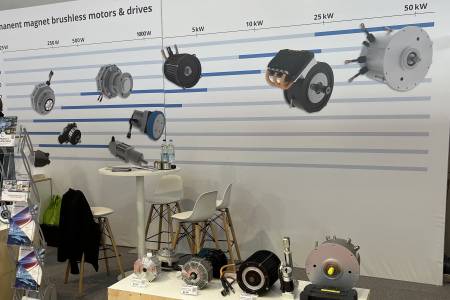“Every Change Counts” – a Conversation with Marjeta Žonta
17. 09. 2025
European Mobility Week reminds us every year that our everyday choices of transportation can significantly impact the environment, our health, and quality of life. We spoke with Marjeta Žonta, Head of Sustainability at Kolektor, about why sustainable mobility is essential for the future, how each of us can contribute to change, and what progress she hopes to see in the coming years.
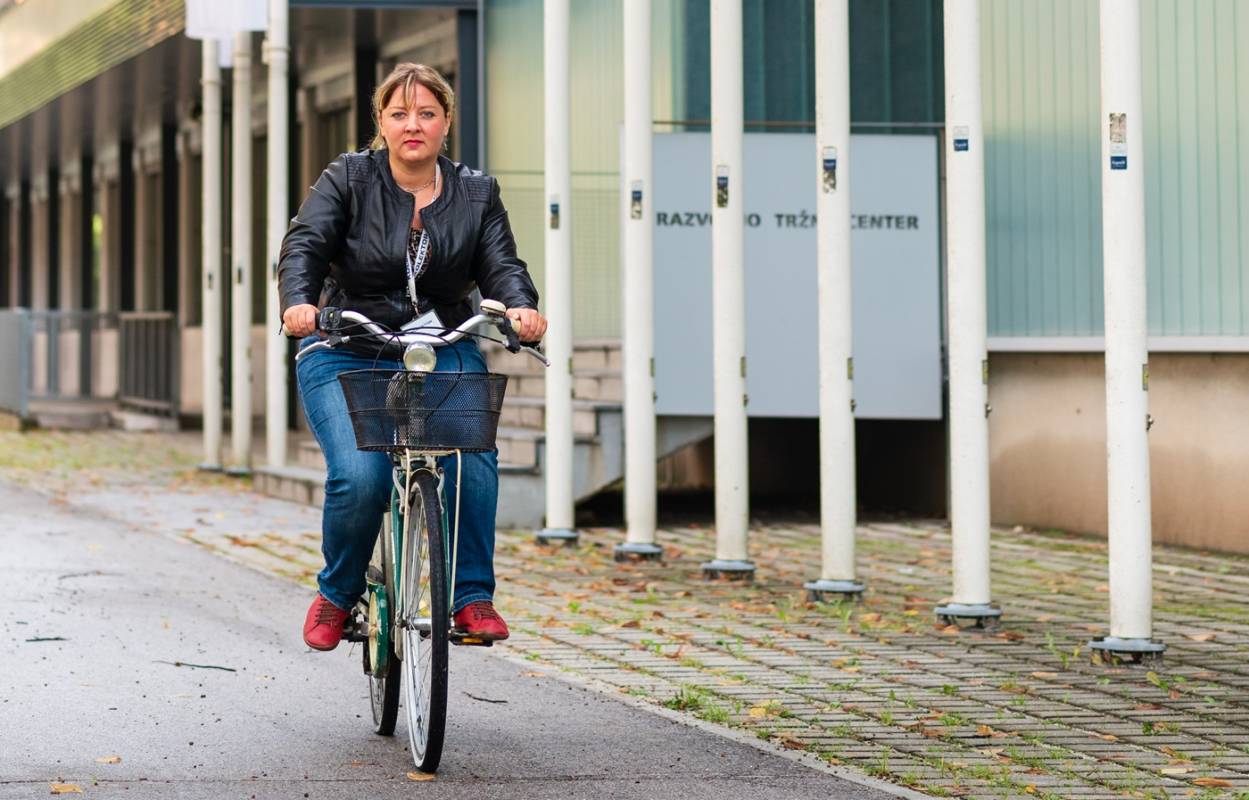
Marjeta Žonta, Head of Sustainability at Kolektor
How would you briefly describe your role and responsibilities in the field of sustainability at Kolektor, and why do you believe sustainable development is crucial for the future?
As Head of Sustainability, I have various responsibilities at Kolektor – first and foremost ensuring that customers and banks receive accurate data on our activities and achievements in sustainability. This mainly includes information on energy use and the carbon footprint of our companies and products. But I find an even more important, though less visible, role to be raising awareness about our impact on the environment and society, and the consequences this has for our shared future and the generations to come. Climate change is already strongly felt, as are intergenerational differences in the way we think and act, including among colleagues. We cannot ignore this; it is part of our everyday lives – and something each of us can influence in a meaningful way.
European Mobility Week promotes more sustainable modes of transport. What does sustainable mobility mean to you personally?
Sustainable mobility is essential if we want to continue living even remotely the way we do today. Transport currently causes at least a quarter of greenhouse gas emissions, which strongly affect rising global temperatures and their consequences. On one side, there are storms; on the other, heat and drought. Or, in some places, floods, while elsewhere there is a shortage of drinking water. These are not good prospects for the future.
You are yourself a good example of best practice – you walk or cycle to work. What motivates you most in doing so?
Honestly, it’s simply the easiest and most convenient option – also timewise. I really struggle to understand why so many locals still drive to work. For a little over a kilometer on foot, it takes me about 15 minutes. By car, the ride might save me 10 minutes, but then I’d have to add time for parking and walking to the office – in the end, it would take longer. On top of that, it would mean an additional 62 kg of CO2 emissions per year, which is not negligible. Cycling is certainly the best option: under 10 minutes from my doorstep to the office, regardless of traffic. Plus, there are other benefits: stronger muscles, fresh air for the lungs, and oxygen for the brain. And finally, one more parking spot remains available for colleagues who have no choice but to drive.
In your opinion, which sustainable transport options are most accessible to employees, and how can we encourage them further? What would you recommend as a first step toward changing habits?
Anything other than “alone in the car” is already a good start. I believe everyone has their reasons for choosing a particular mode of transport, so it’s hard to find universal solutions. It’s similar to healthy eating and exercise – every day we have the chance to change our habits for the better. Perhaps as a first step: once a week, instead of driving, walk, cycle, use a scooter or e-scooter – if the distance is manageable. Or carpool with colleagues from the same town, or maybe take the bus once a week – if available. Every such change counts – for the environment, and for relationships. You can meet interesting people on the way, and shared rides often come with laughter and good conversations. It’s a pity to miss out on that.
If you had to highlight one barrier that keeps people choosing cars, what would it be?
I understand that some people truly have no alternative. But for those who do, yet still choose the car, it usually comes down to habit – unconscious behavior. It’s hard to change routines. Just like switching banks – everyone knows it’s not a big deal, but people prefer to stay in their comfort zone. Sometimes with a guilty conscience, but still clinging to old habits.
What changes in sustainable mobility would you like to see in the next 5–10 years – both in society and within Kolektor?
We need to raise awareness in society while also providing viable alternatives, such as frequent and affordable bus services for those commuting from farther away. Rail would be even better, but realistically, in Slovenia we are unlikely to see major improvements in passenger rail within the next decade. In 5 years, I expect all our parking lots will have e-charging stations, bigger and more modern bike sheds, and designated parking for scooters and motorcycles. Showers will be available for employees cycling longer distances. More buses and trucks will run on methane, and maybe even green hydrogen. Infrastructure must support the choice of sustainable mobility – at work and in all aspects of daily life.
How can individuals contribute most to a more sustainable everyday life – not only during European Mobility Week, but throughout the whole year?
By becoming as responsible for the environment as we are for our health – by shaping daily habits toward a healthier and greener future, leaving behind a world that is at least somewhat similar to the one we know today. Setting examples matters – it still works.
If you had to sum up sustainability in one sentence, what would you say?
Sustainability is nothing new. It’s simply something we are returning to. Our grandparents didn’t need anyone to explain energy conservation, repairing shoes, repurposing clothes, having a garden, or self-sufficiency. We’re just learning it all over again – and we’re doing quite well.
Back


